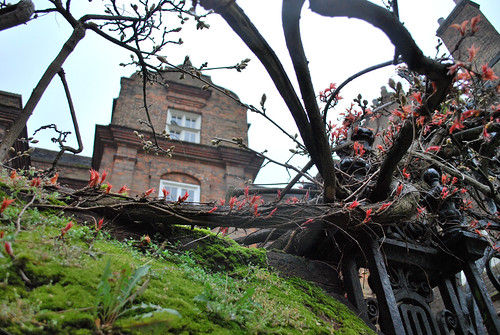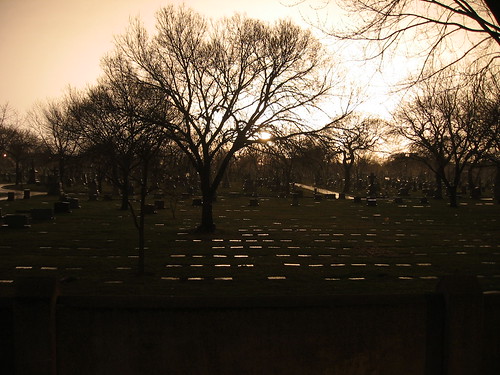That alone would make Paul Collins's new brief life of Poe, Edgar Allan Poe: The Fever Called Living, worth seeking out. When you add Collins's eye for anecdote and ability as an archive sleuth, you've got a real treat. Collins proves to be a judicious analyst of Poe's life and talent, offering thoughtful readings of his successes and failures in both, including his mystifying (to modern eyes) wedding to his thirteen-year-old cousin.
But, just as we go to Poe for his gothic wonders, for his excesses and intensities, rather than for his overarching narratives, what's most fun in Collins are the many rich anecdotes, often built on accounts from Poe's friends and acquaintances, that bring Poe to life on the page. Here, for example, is a moment from his youth:
His foster father, apparently surprised by a fifteen-year-old's capacity to turn moody, quickly blamed Edgar's friends. "He does nothing & seems quite miserable, sulky & ill-tempered to all the Family," Allan wrote that autumn. "How we have acted to produce this is beyond my conception. . . . I fear his associates have led him to adopt a line of thinking & acting very contrary to what he possessed when in England."Edgar Allan Poe, typical moody teen.
A few years later finds Poe at the University of Virginia, which also didn't quite suit him:
The end of the school year, though, was not a happy one. Poe crossed paths with William Wertenbaker, a fellow student who also served as the campus librarian--a sympathetic ear on a campus where the young poet had never entirely fit in. He found "Gaffy" so ready to abandon campus that he'd smashed up his dorm-room furniture to save on buying firewood for his final nights there.
"It was a cold night in December," Wertenbaker said, "and his fire having gone pretty nearly out by the aid of some tallow candles, and the fragments of a small table which he broke up for the purpose, he soon rekindled it, and by its comfortable blaze I spent a very pleasant hour with him."Institutional life never would sit well with Poe; West Point, too, was a bust. When he was drummed out, however, the superintendent thought well enough of him to allow him to take up a collection from his fellow students. Instead of that, however, Poe sold them advance rights to a copy of a book of poems he had in contemplation: "Of the class of 232, 131 cadets paid $1.25 each to raise the money for it." But what they thought they were getting--a book of the mocking verses he'd become known for at the academy--turned out instead to be a collection of fervidly Romantic serious poems. And it was poorly produced:
It arrived poorly printed on coarse paper with the widest of margins--"a miserable production mechanically," Poe's roommate wrote later, "bound in green boards and printed on inferior paper, evidently gotten up on the cheapest scale." Finding one brings a small fortune today, but a very different valuation survives in what one classmate scribbled on his copy.Collins is also good at conveying Poe's self-destructive perversity. His account of Poe's performance at the season premiere of the Boston Lyceum in October 1845 is jaw-dropping:
"This book," he wrote, "is a damned cheat."
Poe found himself unable to versify; by the time he reached the stage in Boston's Odeon Theatre, he'd stayed sober, but still had no poem ready.As October nears, you couldn't do better to prepare for proper Poe season than picking up The Fever Called Living.
The crowd's patience was exhausted even before Poe opened his mouth, as a previous speaker had droned on for over two hours already. When Poe departed from the advertised poem to give an impromptu twenty-minute speech on American poetry, it drove out many patrons. Among those who stayed were Emily Dickinson's future preceptor Thomas Wentworth Higginson, who recalled how Poe then "abruptly began the recitation of his rather perplexing poem, [and] the audience looked thoroughly mystified." Well they might, for Poe had resorted to a poem that was decidedly not new at all: it was his obscure 1829 farrago ""Al Aaraaf." While Higginson was won over by it ("walking back to Cambridge my comrades and I felt that we had been under the spell of some wizard"), the few left by the end were only mollified by a recitation of "The Raven." Boston newspapers did not fondly recall Poe afterwards, and the feeling was mutual.









